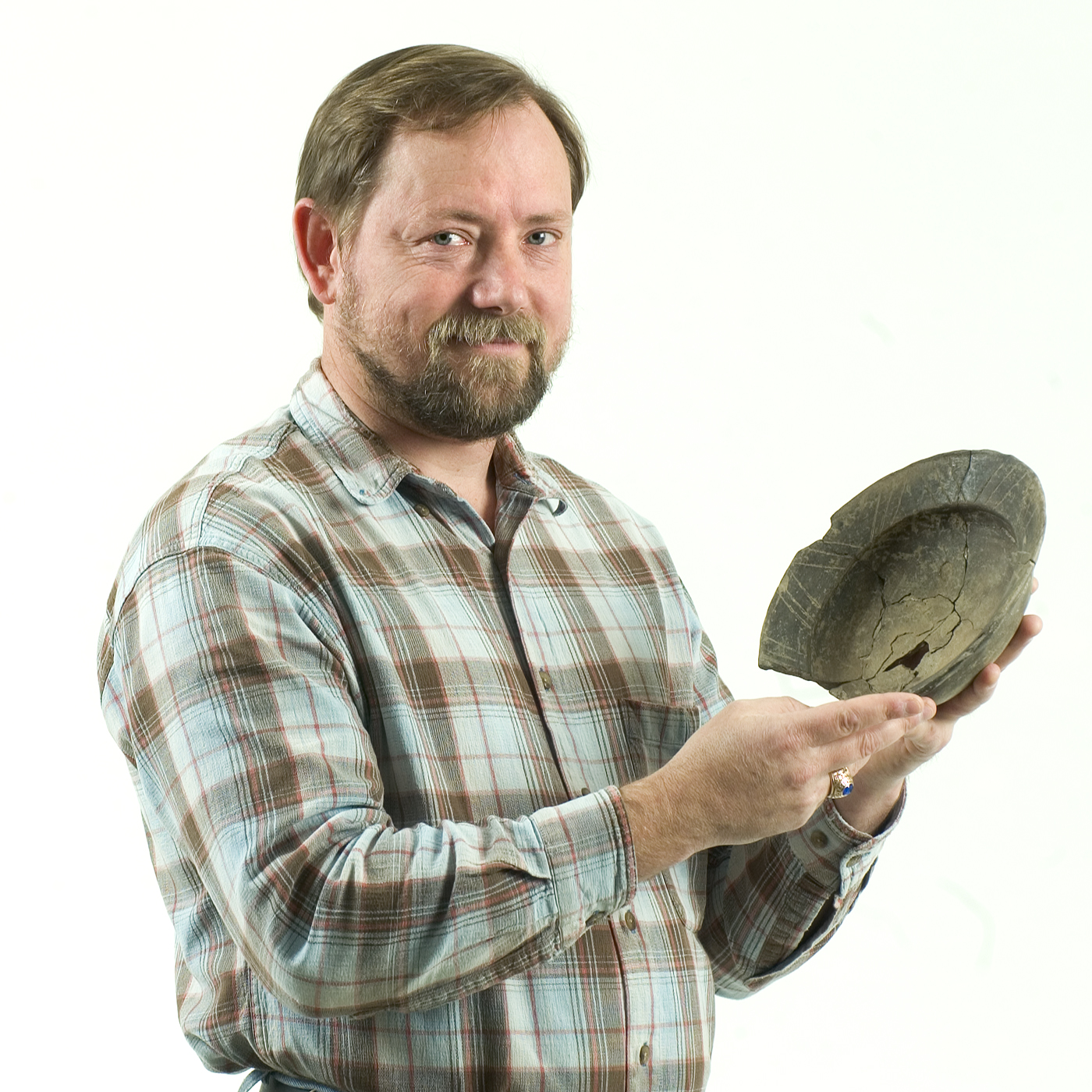Contact: Kenneth Billings

STARKVILLE, Miss.--A Mississippi State anthropologist will use a $46,000 national grant to employ a new non-destructive method for tracing Southeastern prehistoric pottery and other artifacts to their sources.
Associate professor Evan Peacock, senior research associate with the university's Cobb Institute of Archaeology, is receiving funding from the National Park Services' National Center for Preservation Technology and Training. He is leading a team that will analyze the chemical composition of mussel shells and Native American pottery with the Laser Ablation-Inductively Coupled Plasma-Mass Spectrometer.
That tongue-twisting array of advanced diagnostic equipment is housed at MSU's Institute for Clean Energy Technology, which is located adjacent to campus in the Thad Cochran Research, Technology and Economic Development Park.
In addition to numerous contributions to professional journals, Peacock is author of a popular 2005 book that explains, in easy-to-understand terms, major facets of the state's rich archaeological heritage. "Mississippi Archaeology Q & A" is a University Press of Mississippi publication.
"Beginning about a thousand years ago, American Indians in eastern North America crushed freshwater mussel shells and added the crushed shell to clay for making pots," Peacock said of this latest research project.
"Mussels in different streams uptake different mixes of chemicals from the areas being drained," he explained. "The chemical signature of a particular waterway is retained in the shell."
By analyzing shells excavated from numerous Mississippi and regional sites, Peacock and other team members will establish the background data needed for sourcing shell-tempered pottery.
Peacock is working with ICET research associates Ron Palmer and Yunju Xia. Two graduate students in applied anthropology, Bradley Carlock of Enterprise, Ala., and Wes Bacon-Schulte of Lakewood, Colo., also are part of the team.
Peacock is a 1988 summa cum laude anthropology graduate of MSU. He also holds a master's degree, with distinction, in environmental archaeology and palaeoeconomics and a doctorate in archaeology, both from the University of Sheffield, England.
NEWS EDITORS/DIRECTORS: For additional information about the project, contact Dr. Peacock at 662-325-1663 or peacock@anthro.msstate.edu.
For more information about Mississippi State University, see http://www.msstate.edu/.